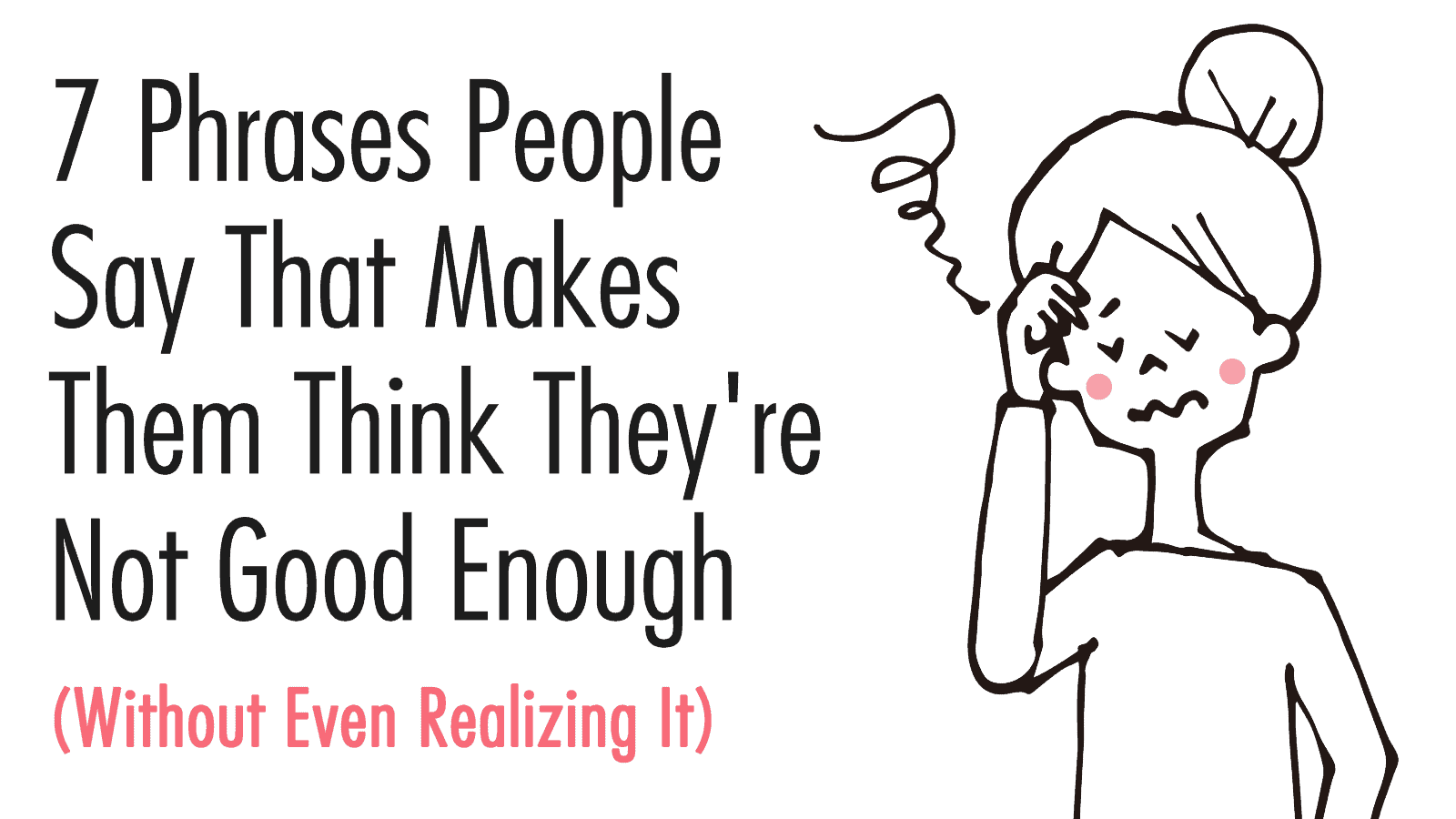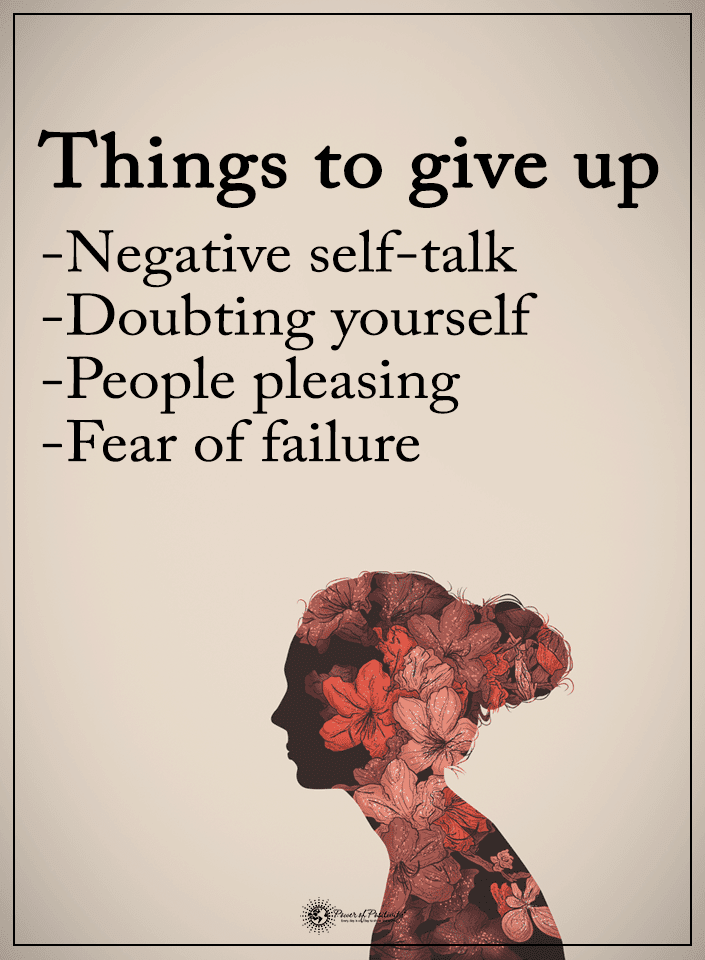You may be creating self doubt without knowing it. By repeating phrases you may have heard as a child, you can be reinforcing doubt in your mind. With the idea to overcome doubt, by realizing what these negative phrases consist of, you can go on to a more positive view. As Honore de Balzac wrote, “When you doubt your power, you give power to your doubt.”
Especially in creativity, one will have periods when nothing is happening, and at these times, doubt can enter in. The truth is that we need these periods of rest to move on to new creative ideas. The gremlin of “I’m not good enough” has an insidious way of creeping in without your knowing it. Self doubt can take over the microphone without your realizing that you’ve given it permission to run the show. Here are seven examples of how one can derail their creativity as well as their power through the doubt demon:
1. “It’s just lucky.”
When someone praises you for success, you respond to yourself with something like, “I was just lucky.” Instead, say “Thank you” and admit that you are great! Because your talents and abilities as well as hard work probably contributed to your success.
2. “I wonder what they’re thinking about me.”
People with low self esteem cannot stand conflict and are most concerned about the opinion of others. Rather than clearing arguments through communication, they associate with negative people. Realize that everyone cares about themselves and throw the people that cause conflict out the door; get on with your life.
3. You say bad words about yourself or make fun of yourself.
Talking about yourself, you may use derogatory words to express your shortcomings. Instead, know that if you don’t attract attention to your shortcomings, they will most likely not be noticed.
4. You say, “I’m sorry” all the time.
Typically, when someone bumps into you, you say, “I’m sorry.” Someone with low self-esteem thinks everything is their fault. Instead, the next time you think you need to apologize, analyze if it was really your fault before you make that apology.
5. “I don’t really think that, but I will agree.”
Trying to please others can be a fear of failure and a problem that stems from childhood. Instead, realize that strangers may not know what is best for you; only you can know that.
6. “I’m going to take a nap.”
Low self esteem leads to physical symptons, such as fatigue and unexplained drowsiness. By taking a nap, a person avoids dealing with problems and concerns. Instead, you might consult a therapist to devise strategies to address problems.
7. “What should I choose?”
If constant indecision is a problem, such as in restaurants or stores, it might be low self esteem; people with this problem cannot make the simplest of decisions. If you’re among the indecisive at a restaurant for dinner, according to the Bright Side, always choose the Ceasar Salad!
How to Overcome Doubt
“Our doubts are traitors,
and make us lose the good we oft might win,
by fearing to attempt.”
? William Shakespeare, Measure for Measure
Staying centered in the present is one way of overcoming doubt. By being present, you can ignore past experience and focus on the positive. Meditating is one means of focusing on the present. Another way to break free of negative reflection is to nurture yourself; make sure you have time for play. Keep a gratitude journal and write down at least three things that you are thankful for each day. Connecting with others may also help improve your self-love. Gain assurance from friends or family and leave behind the “why me?” attitude.
As Louise Hay would say, “Be kind to yourself. Begin to love and approve of yourself.”
Because we have the opportunity to choose between love or fear, by choosing to see fear as passing clouds, your can move on to action and overcome doubt, despite the fear. One of Hay’s affirmations include the words, “I rise above thoughts that attempt to make me angry or afraid.”
https://www.youtube.com/watch?v=lVhLd8LiQDY


















